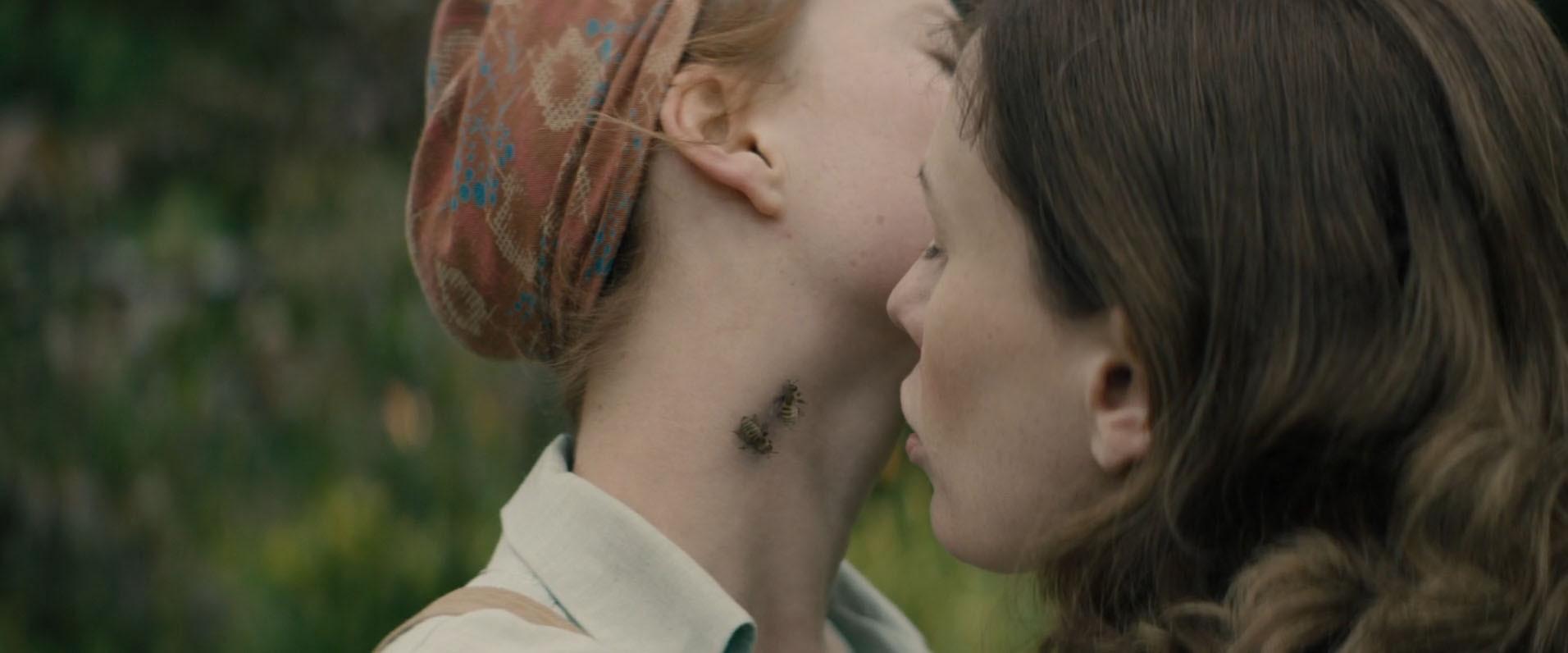In a world that buzzes with judgment, their love blooms in silence
Tell It to the Bees (2018), directed by Annabel Jankel and adapted from Fiona Shaw’s novel, is a soft-spoken yet emotionally rich period drama set in 1950s Scotland. It centers on Dr. Jean Markham (Anna Paquin), a quietly resilient woman who returns to her conservative hometown and strikes up a tender friendship—and later, romance—with Lydia (Holliday Grainger), a struggling single mother. Their growing bond, though healing for both women and Lydia’s son Charlie, soon becomes a lightning rod for the town’s judgment and repression.
Anna Paquin brings grace and stillness to Jean—a woman who listens more than she speaks, tending to both children and bees with equal care. Holliday Grainger, as Lydia, gives a deeply human performance: warm, worn-down, hopeful, and haunted. Together, they portray a love that blossoms gently, with glances and pauses that say more than words ever could.

Visually, the film is pastoral and dreamlike. Charlie, the child caught between innocence and harsh realities, often confides in the bees—tiny messengers and silent witnesses to the adults’ hidden truths. These moments add a layer of quiet magic to a story otherwise grounded in real-world cruelty. The bees, as metaphors, hum with symbolism: secrecy, protection, the fragile balance of nature and truth.
Yet the film is not without flaws. The final act introduces sudden violence and an abrupt tonal shift that some found jarring. Where the first two-thirds feel meditative, the conclusion turns toward melodrama, altering the novel’s original ending. For some viewers, it was honest to the era. For others, it felt like a betrayal of the love story’s gentle arc.

Still, Tell It to the Bees resonates. It speaks to the quiet power of love, especially when that love defies the structures meant to contain it. In a world buzzing with judgment, it finds sweetness in defiance, softness in resistance, and truth in the spaces where no one’s supposed to look.


-1752660572-q80.webp)
